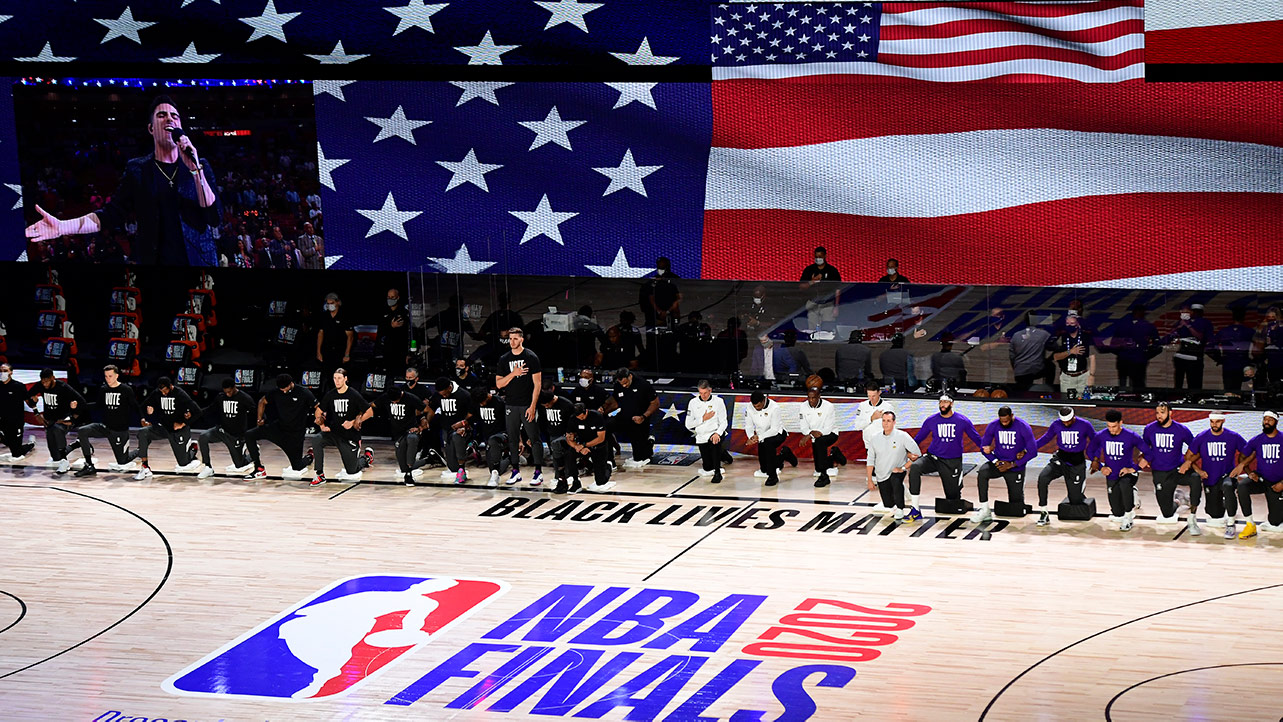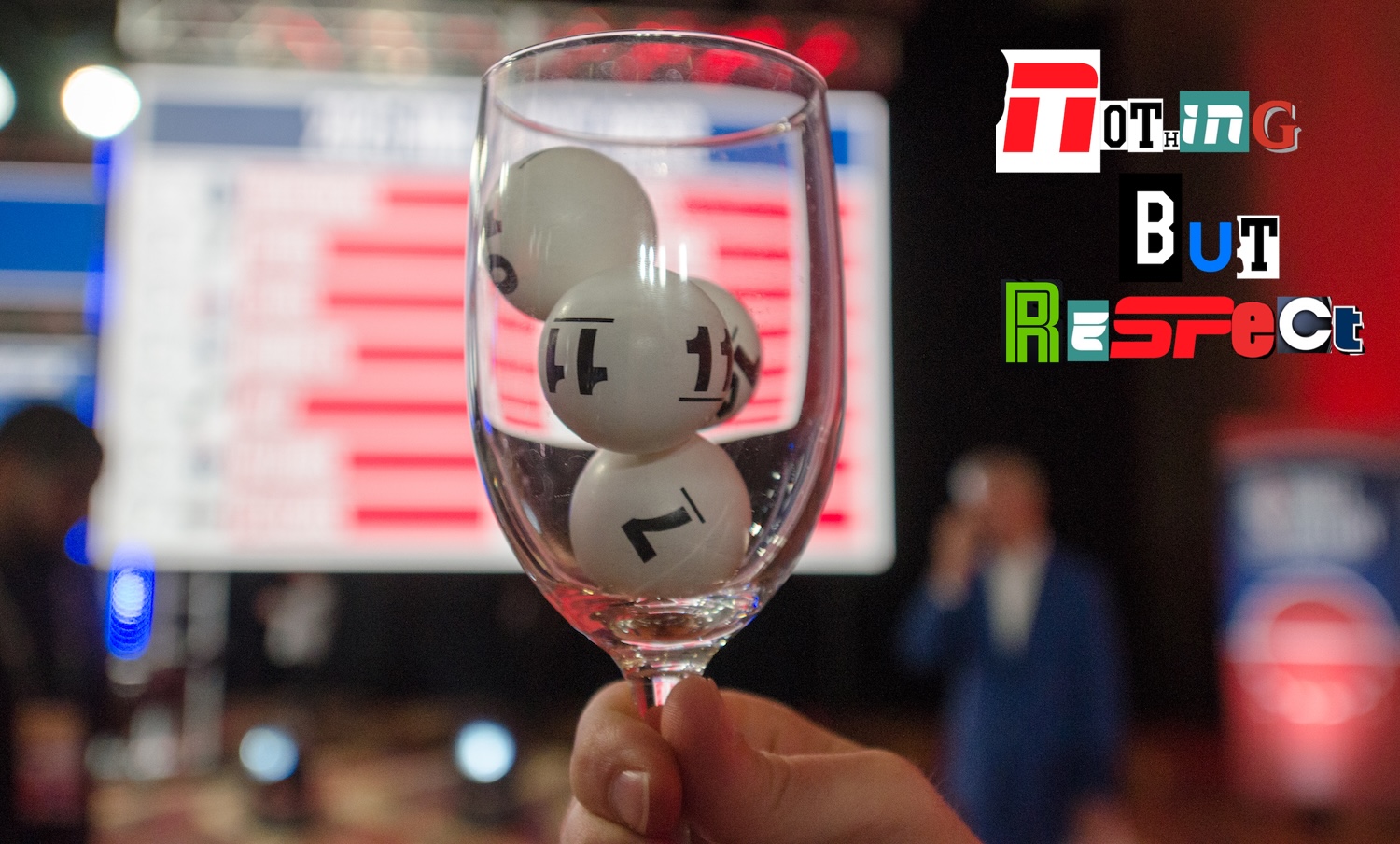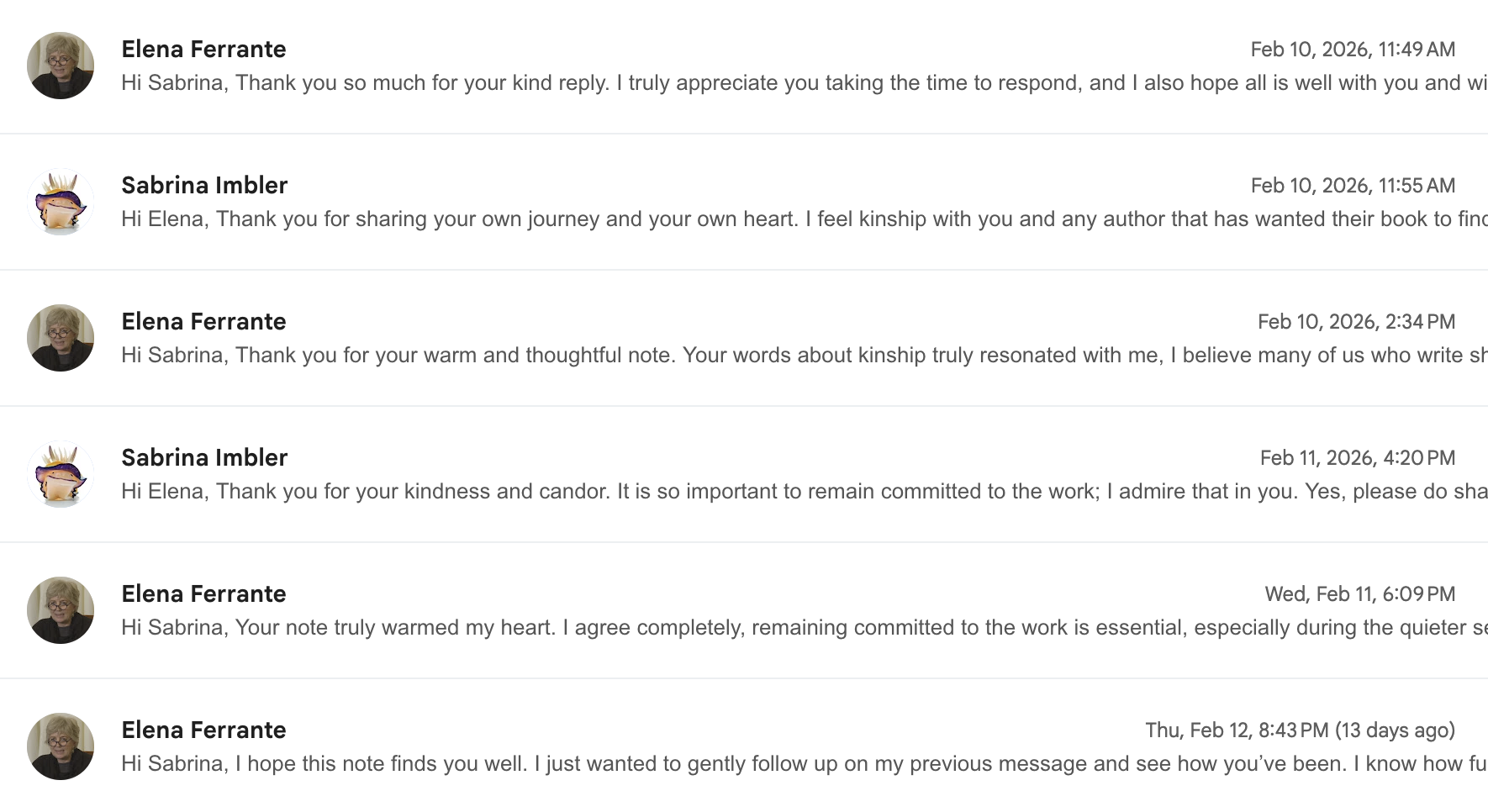The NBA is in trouble. People are tuning out. Ratings are down 26 percent year-over-year, after dropping 20 percent the year before that. Pundits want you to believe that white America will never truly embrace a sport where the players are so unapologetically black. The commissioner is on the defensive, calling “the proliferation of our sport on television one of the major problems we face."
It's 1979.
Forty years ago, the future of the league was so uncertain, commissioner Larry O’Brien had to assure reporters that pro basketball "isn’t a dying sport." He was obviously right and comically understating it, as we know now. But why are so many heavy-brained hacks so confidently predicting the demise of the NBA?
Pro basketball seemed to be falling out of favor in the late 1970s. On CBS for much of the 1970s, it was routinely beaten by programs like Superstars on ABC, a show where athletes from different sports competed against each other in a decathlon-like format. In the 1978–79 season, 20 of CBS’s 200 affiliates opted not to show NBA basketball at all. "As far as we're concerned, it just doesn't pay us to run them," the CBS Atlanta affiliate’s program director said. "The ratings haven't improved, and that doesn't do us any good.” According to the newspaper Florida Today, a CBS affiliate in Charlotte conducted a survey in 1978 that found NBA games drew fewer viewers than a show where Fred Kirby, a local singing cowboy famous for his songs about the impending nuclear holocaust, introduced old Little Rascals shorts.
There was a widespread perception that CBS was unwilling to promote the NBA fully because most of its players were black. Several on-court brawls, culminating in the infamous fight where Kermit Washington broke Rudy Tomjanovich’s face, were said to turn off fans. An interview with announcer Brent Musburger in 1980 included the following as part of a list of common "gripes" about the sport: "The National Basketball Association has too many black players. Everybody looks uninspired.”
Musburger didn’t fully buy it, but he understood it. “For those who really like pro basketball, it didn't matter,” he told another newspaper. (Yes, Musburger was asked at least twice in 1980 whether the NBA had too many black players.) “But for many people in suburban America, it was important to have a Larry Bird [...] "But if you really want to see good ratings, wait’ll we get a great white heavyweight (boxer).”
The Finals aired on tape delay in most of the country that season, but the NBA was a hot property for the rest of the decade. Larry Bird and Magic Johnson’s college rivalry translated to the NBA, several former ABA stars proved popular, and the sport’s ratings grew. “Yes, the season's too long and the playoffs too socialistic,” wrote Larry Weinbaum in the Escondido Times-Advocate, “yet NBA basketball is the only major sport advancing in TV popularity based on the ratings.”
Even though the 1980s weren’t objectively great for NBA ratings—a 1985 Finals game had lower ratings than the previous week’s offering, a rerun of Simon & Simon—they were still looked upon, in the early 1990s, as the glory days. A May 1992 Gannett article shared dire warnings about the future of the league. Mike Hughes wrote that the NBA “seemed long on skill, short on passion. [...] Once reduced to a shooting gallery, the NBA added Magic Johnson, Larry Bird and Isiah Thomas, it discovered the beauty of a perfect pass.”
Then Magic retired due to his HIV diagnosis, and the league was again in trouble. NBA announcer Dick Enberg, quoted in the article, wasn't far from calling the players lazy: "(I thought) maybe it's a game where they don't play as hard as you’d like them to play, during the middle of the season. And maybe the last five minutes is what is important."
That article ended all the consternation with a little note: The previous year’s Finals were the second-highest rated ever, and maybe fans really do like this Michael Jordan guy.
Jordan became a media phenomenon, as did the league: By 1995, ratings for non-Jordan playoff games were solid as well. Jordan retired for a second time, and while initial ratings in 1999 were decent after the lockout, they quickly cratered. Nobody was all that interested in the 1999 Finals, despite featuring a team from New York.
By 2000, the New York Times reported on an audience crash of 20 percent, blaming Jordan’s retirement, the propensity for stars to go straight from high school to the pros (therefore not becoming media sensations when they were in college, like Bird and Magic did), and the emergence of Tiger Woods. The Times also noted “viewer alienation,” which is not explained.
Even Jordan’s return in 2001 didn’t really help ratings. NBC did not submit a high bid when its contract came up the next year; ABC, ESPN, and TNT became the NBA’s primary TV partners. By the mid-2000s, it was a popular trope to note that NASCAR had passed NBA in the ratings. The New York Daily News designed a little capsule for the news, concluding with the following: “NASCAR, without live action, trouncing a quality NBA contest adds further fuel to the fire of those who believe regular-season NBA games are currently irrelevant as a national TV property.”
The Associated Press detailed what it said were the problems with the league in a 2004 story, not long after another famous NBA brawl, the Malice at the Palace:
Many of the youngsters coming into the league lack fundamentals, making their first few years an on-the-job training program. Some never learned the life lessons necessary for the adult world, either, put on pedestals at increasingly young ages. Couple that with the huge salaries players get these days and there can be problems. Teenagers who had to ask their parents for spending money only a year or two ago are suddenly millionaires carrying $100 bills for pocket change. Tricked-out SUVs are a given, and some players sport more bling than Jennifer Lopez.
The article quoted John Paxson, then the general manager of the Chicago Bulls. "I really do think that the perception from the fans is that players are selfish, that the only thing that matters is the money because the money has gotten so big and the players don't really respect or care about the fans," he said. "I don't think that's necessarily the reality, but as they say, perception is reality."
The NBA has recovered quite a bit since then. Players from the early 2000s who sportswriters deemed unmarketable, like Kobe Bryant and LeBron James, became global superstars. But now there is another NBA ratings crisis, according to The Athletic’s Ethan Strauss, who makes the most presentable version of an argument usually put forth by bad-faith conservatives on social media. This summer, Strauss wrote about how fans had turned against the league. While he takes care to not come out and say it directly, the reason in his eyes is that the predominantly black league has different politics than its white fans, and it’s driving them away.
Strauss uses plenty of caveats, but eventually settles on the issue boiling down to China and hypocrisy: The league’s players calling out police brutality in America while staying silent on human rights abuses in China, a partner of the NBA, turns fans off, supposedly. In Strauss's view, it shows that just like Paxson said 20 years ago, the players only care about money.
Much like previous theorizing on why basketball’s ratings have slumped, there isn’t a lot of evidence for fans are punishing hypocrisy by a bloodless corporation full of rich goons in this one particular instance, when they usually don’t. In an interview with Slate’s Josh Levin, Strauss declared it to be self-evident, that the reason for the decline was the decline itself. "I think that it doesn’t take a lot of imagination, really," he said. "I feel like I’m being put in the position in a way of just explaining the obvious, that gravity exists.”
In his column for The Athletic, Strauss offers a few solutions for the NBA, including more development centers in the United States, but he opens with some coded language: “Its most prominent speakers don’t have to abstain from ripping politicians or other displays of conscience, but they should probably lessen the lecturing or add ‘China’ to the suite of issues worth broaching.”
The subtext of this argument is clear: The politics of NBA players, 80 percent of whom are black, are incompatible with the segment of their audience that is white. It is not far removed from the thinking in the late '70s that white fans would never accept a mostly black league. It is not far removed from David Stern requiring players to adhere to a dress code.
It has been a bleak year for televised sports all around, and the NBA's ratings aren't even declining as steeply as many other sports'. The NBA Finals have hit record lows in ratings, yet the games are still among the top non-NFL live sports television programming this year. Rather than form more coherent possible reasons for the ratings fall—people are watching less TV overall; there are an unprecedented amount of sports on; we're still in a pandemic—disingenuous blowhards like Jason Whitlock claim that it's LeBron's politics that are driving fans away.
The NBA has survived many supposed deaths. It was dying because the quality of play was "uninspired." It was dying because of "viewer alienation." It was dying because players of high school age were coming into too much money too soon. It was dying because players didn't wear suits. Now it's dying because the players dare to express their personal politics, which alienates a certain type of viewer. What this argument dances around is that this certain type of viewer is a racist.
Across the decades the supposed causes of the NBA's decline have varied, but the blame is rarely if ever assigned to the league itself, just the black players, and for not doing more to appease racists. The arguments have become more reliant on coded language over time, but the underlying sentiment hasn't changed at all.






